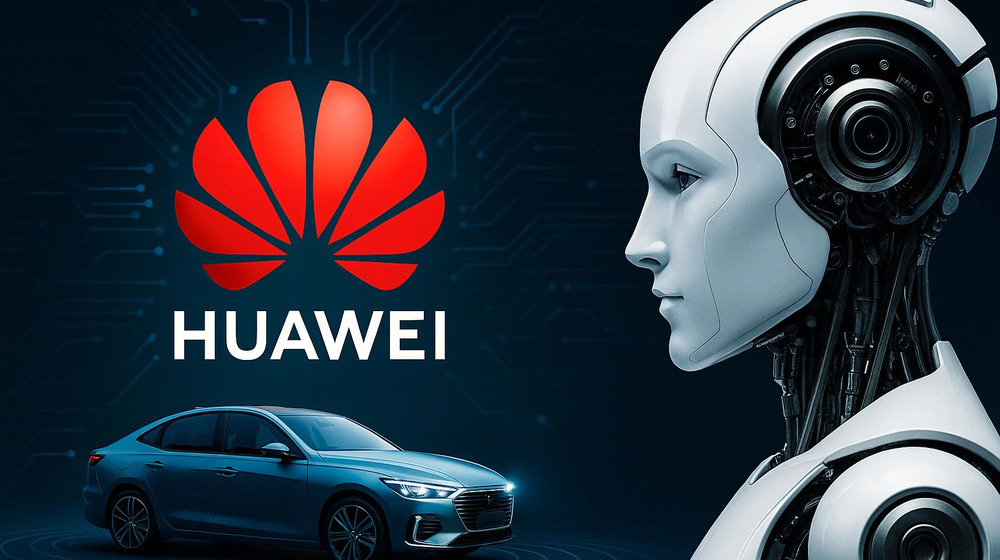Huawei Habo has taken a major step in the field of physical artificial intelligence by investing in GigaAI, a fast-growing startup focused on world-model-based general intelligence. The move comes as part of Huawei’s efforts to expand its capabilities in embodied intelligence and next-generation autonomous technologies.
Autonomous Driving, Robotics, and More
GigaAI’s technology is already being tested in autonomous driving, robotics, and general embodied intelligence applications. It operates through a complete software-hardware ecosystem designed for physical intelligence. The GigaWorld platform supports driving intelligence and advanced embodied systems. The GigaBrain foundational model powers adaptive world-model-based decision-making, while the Maker General Embodied Ontology provides structured knowledge tools for developers and physical agents.
Together, these components create an end-to-end solution for complex environments.
Why Huawei is Investing
Huawei’s investment aligns with its ongoing shift from VLA (Vision-Language-Action) models toward a WA (World-Action) strategy. WA relies on visual and physical signals to control intelligent agents instead of depending heavily on language models.
This strategy, supported by Huawei Intelligent Automotive Solutions BU CEO Jin Yuzhi, forms an important part of Huawei’s long-term AI roadmap. By supporting GigaAI, Huawei aims to accelerate progress in world-model research, physical AI, and embodied intelligence across autonomous mobility and robotics.
GigaAI recently closed its Series A1 funding round, securing more than one hundred million yuan ($14 million) in early November. Huawei Habo Investment and Huakong Fund jointly led the round. This follows GigaVision’s successful Pre-A and Pre-A+ rounds in August, during which it raised several hundred million yuan.
Real World Applications
For everyday users, these developments could lead to safer autonomous vehicles, more capable home robots, and AI assistants that can respond more effectively to real-world scenarios instead of relying only on digital inputs.
Analysts believe the shift toward physical AI could spark a technological transition similar to the early smartphone era, bringing intelligent machines into daily life in more practical ways.
About GigaAI
Founded in 2023, GigaAI is China’s first startup dedicated to world-model research for physical AI. The company aims to develop general intelligence systems capable of understanding and interacting with real-world environments.
Its mission centers on building intelligent systems that can predict, adapt, and function in physical settings, laying the groundwork for future advances in robotics, autonomous driving, and embodied AI.
